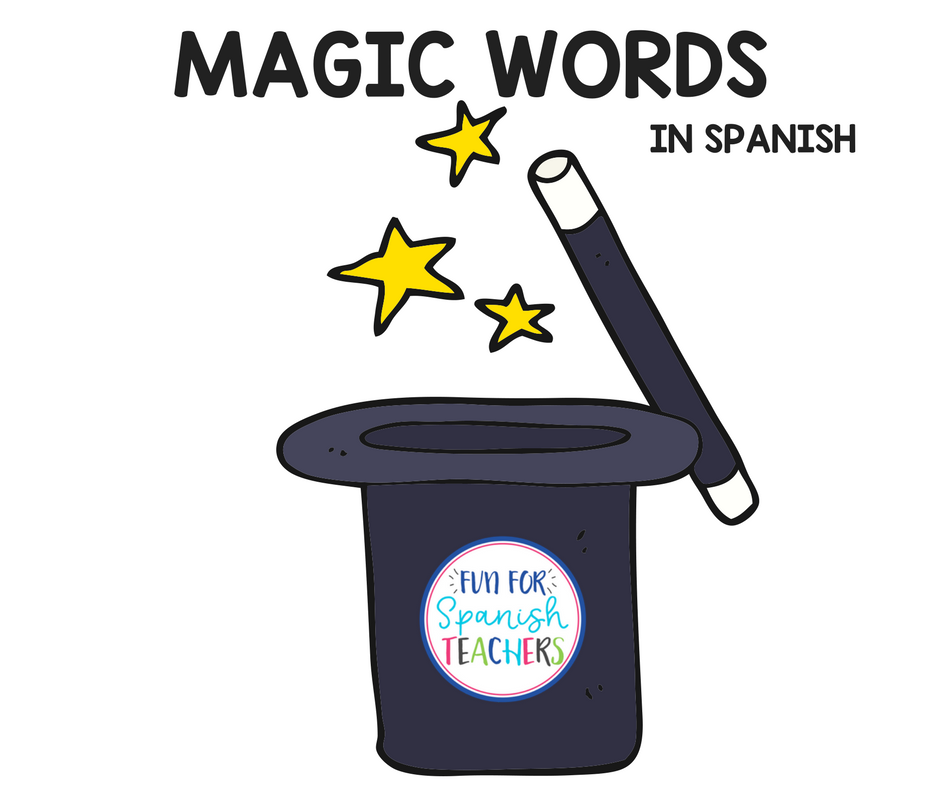


While the poem uses alakazam in the context of entertainment and as an excited expression (“We’re goin’ to de cirkis! / Alakazam!”) there is oddly no connection to magic. One of the earliest printings of alakazam in an English text is the poem “Among the White Tents,” first published in the Chicago Herald Tribune in 1888. While the origins of the word are unknown, according to Magic Words: A Dictionary, alakazam may have ties to a similar-sounding Arabic phrase, Al Qasam, which means “oath.” Therefore, a conjuror invoking alakazam may be calling back to a promise made by a superior being to help complete the miraculous feat they are presenting.

Often used as the finale word in the presentation of a grand stage illusion, alakazam is intoned as a powerful command. Recorded in English in the late 1600s, abracadabra is used in incantations, particularly as a magical means of warding off misfortune, harm, or illness, and for some, is used as a nonsense word, implying gibberish in place of supposedly magical words. The idea behind reductive spells is that by making the word shorter so would a pain or illness gradually diminish. Abracadabra is classified as a reductive spell, which means it would have been written out as a complete word on the first line, then with one letter missing on the next, then another letter removed on the following line, and so forth. Its origins are contested as scholars posit that abracadabra emerged from Late Latin or Late Greek, reflecting the recitation of the initial letters of the alphabet ( abecedary) others hypothesize that it could related to the Hebrew Ha brakha dabra, which translates as, “The blessing has spoken.” We do understand it as a word generally meant to invoke magical power. Perhaps one of the oldest and most recognized magical phrases, abracadabra has been around since the second century BCE and has famously appeared in the Harry Potter series. When you’re ready, you can demonstrate your knowledge of magic words by taking this short quiz! abracadabra

(Oct.If you’re a real “wiz” at card tricks or have a deeper fascination with charms and spells, you might already know the words on this list. Barnett’s ( Rules of the House) narration hits all the right wry notes (“Paxton wasn’t going to stand there and be insulted in his very own house, let alone his very own castle with a helipad and pink-lemonade moat”), while Parsley’s ( If You Ever Want to Bring a Piano to the Beach, Don’t!) expressive, exaggerated drawings give the story the tight narrative arc, visual breeziness, and snappy comic rhythms of an 11-minute animated cartoon.
#Magic word how to#
But Paxton soon comes to realize that having an elephant that knows how knows how to play “Go Fish” doesn’t mean much if the people you care about aren’t around. Naturally, Paxton’s wishes escalate fast: first a cookie, then a walrus that chases his babysitter to the North Pole, then an amusement park to replace his house. Heymeyer, makes an important discovery: by saying “alakazoomba” instead of “please,” he can bypass the middleman and magically get whatever he wants. One night, Barnett’s bratty hero, Paxton C. “What’s the magic word?” It’s a cloying reminder about good manners from the powers that be.


 0 kommentar(er)
0 kommentar(er)
